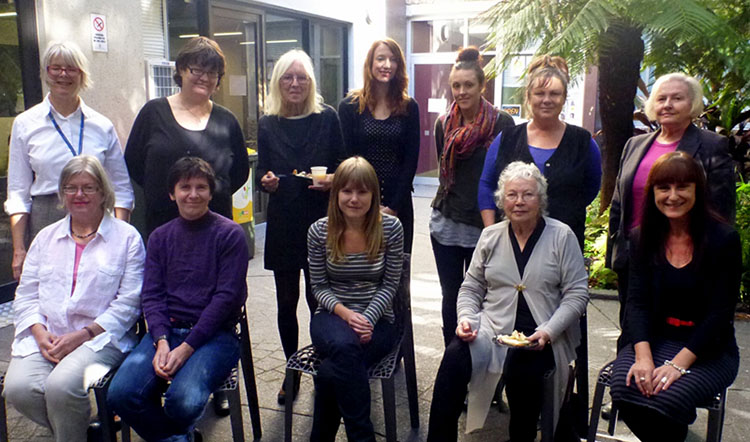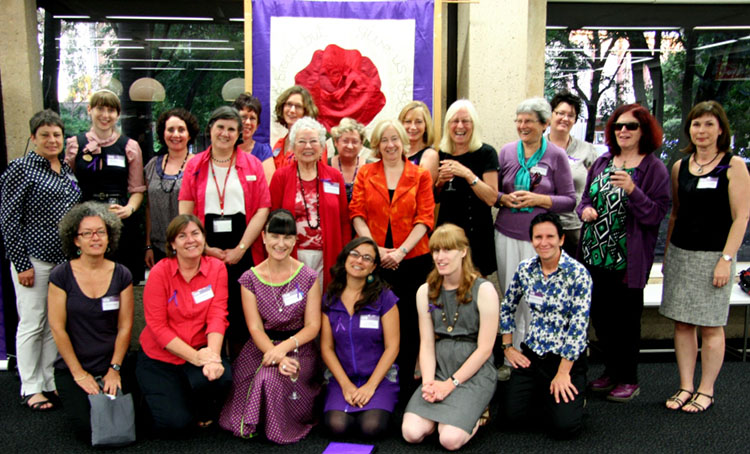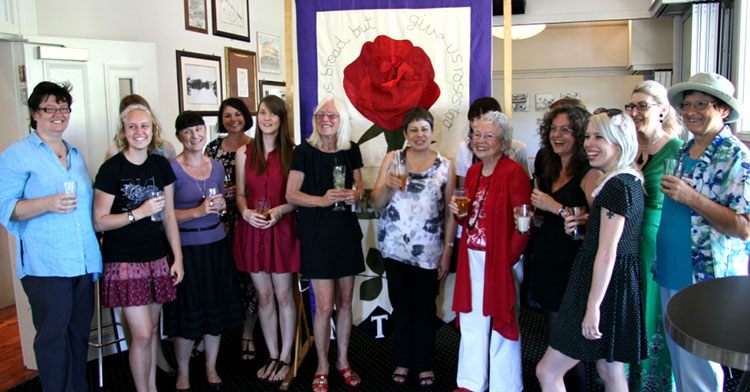Gender Studies
Interested in social justice or looking toward a career in business, government, professional or creative industries?
Gender Studies is lively, thought-provoking and relevant to the issues and debates in contemporary society. Combining a Gender Studies minor with major/s in the humanities, arts or social sciences (including literature, media/communication, cultural studies, politics, history, philosophy, journalism or sociology) extends understanding of the role gender plays in these disciplines, enabling the development of specific skills necessary for gender-focused research projects in honours and beyond. Further, Gender Studies graduates often find satisfying employment in areas as diverse as communications; teaching; librarianship; law; publishing; the public service (State and Federal); NGOs and development agencies; diplomacy and business; as well as specialist gender-related fields such as equity and diversity, policy development, social justice and women’s services.

Gender Studies is an interdisciplinary field of inquiry exploring how sex and gender are lived in Australia and various cultures around the world. The Gender Studies minor offers study of contemporary feminist theory in relation to gender roles and their impacts on women and men; hegemonic masculinity and femininity; gender’s intersections with race, class and sexuality, and how social power operates. Issues discussed in the minor include: gender in film, literature, popular culture, online and in the media; feminism and politics; women and work; pornography and raunch culture; feminist and gender theory; feminism and indigeneity; cross-cultural feminisms; and feminist research methodologies.

The minor is a valuable complement to other majors offered in the now merged Faculty of Humanities and Social Sciences (HASS). It enhances and extends programs of study through introductory and advanced “gender literacy,” offering a lens for observing and interpreting the world in which we live, and deploying an extensive feminist and sexuality studies critical and theoretical heritage. Although Gender Studies draws on distinct disciplinary areas in the humanities and arts, the courses are unified by their focus on interpretation within a gendered framework. For those who plan to go on to honours/postgraduate study, this program builds research capacity by providing a firm foundation in feminist theory and develops methodological skills essential for gender-focused research projects in fields across the humanities, social sciences and arts. Gender Studies also fosters transferable professional skills. Employers value Gender Studies graduates for their exceptional abilities in creative and critical thinking, textual and visual analysis, critical interpretation, their excellence in writing and communication, and their understanding and empathy. The minor is structured around two compulsory courses.

First, GEND1010 introduces terms, key debates and theories of gender (GEND1000 provides an alternate gateway for pre-2014 students). Then, either POLS2603 or GEND2001. POLS2603 focuses on the impact of globalisation and international structural adjustment on women; GEND2001 deals with intersectionality, especially that of gender with race and ethnicity. The minor is completed with the selection of two further subjects from SOCY1060, GEND2001, ENGL2500, PHIL2190, ABT2010, GEND3001, and POLS2603 or GEND2001 if not completed as second-level compulsory course (for further information follow this link). The University of Queensland pioneered the study of gender in Australian universities and has been at the forefront of research and leadership in Women’s and Gender Studies in Australia for over 40 years. The Gender Studies minor draws upon the extensive expertise available at UQ to enhance and extend the study experience, preparing students to specialise in feminist and gender-centred research, as well as providing training in equity and diversity issues important to employers.
